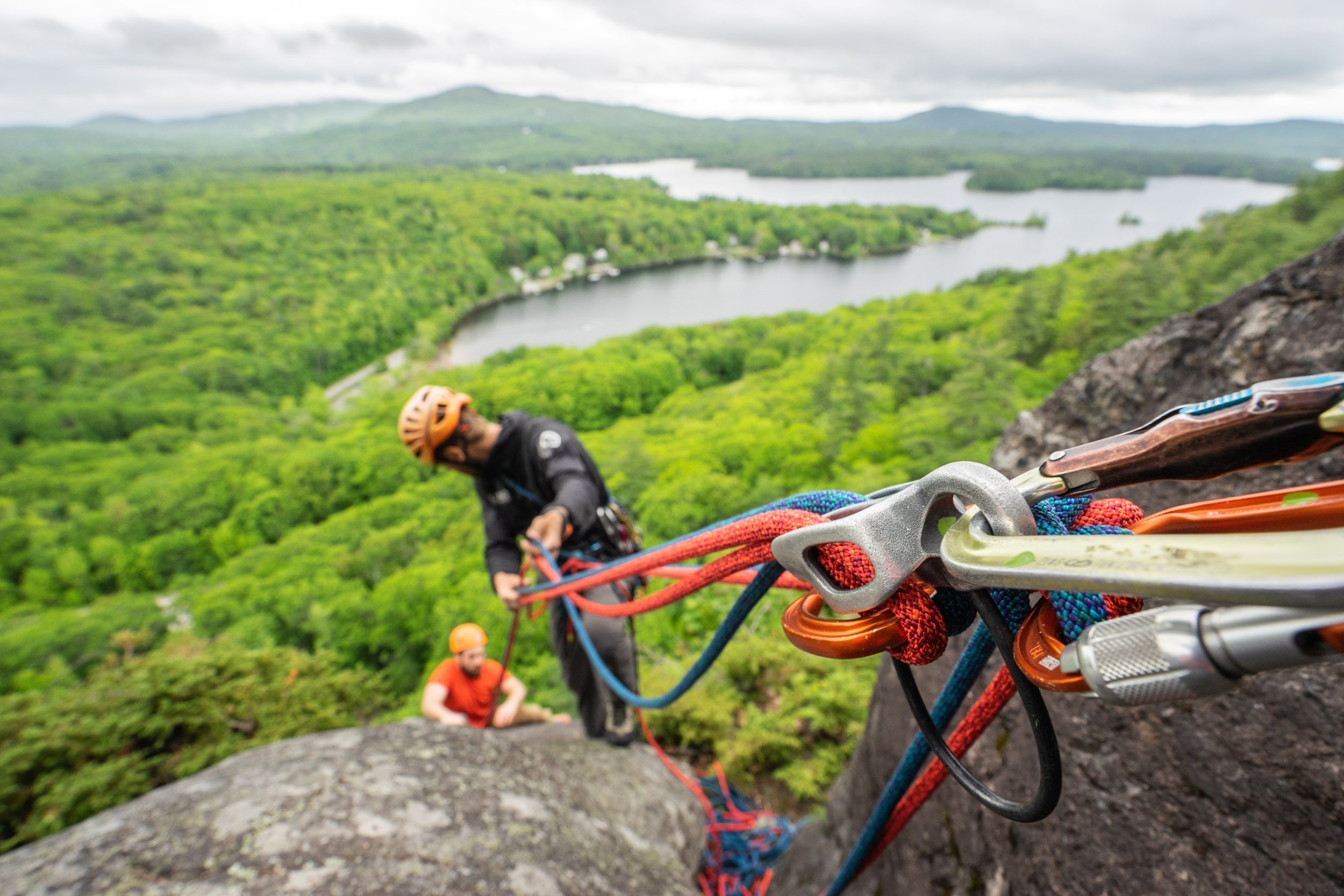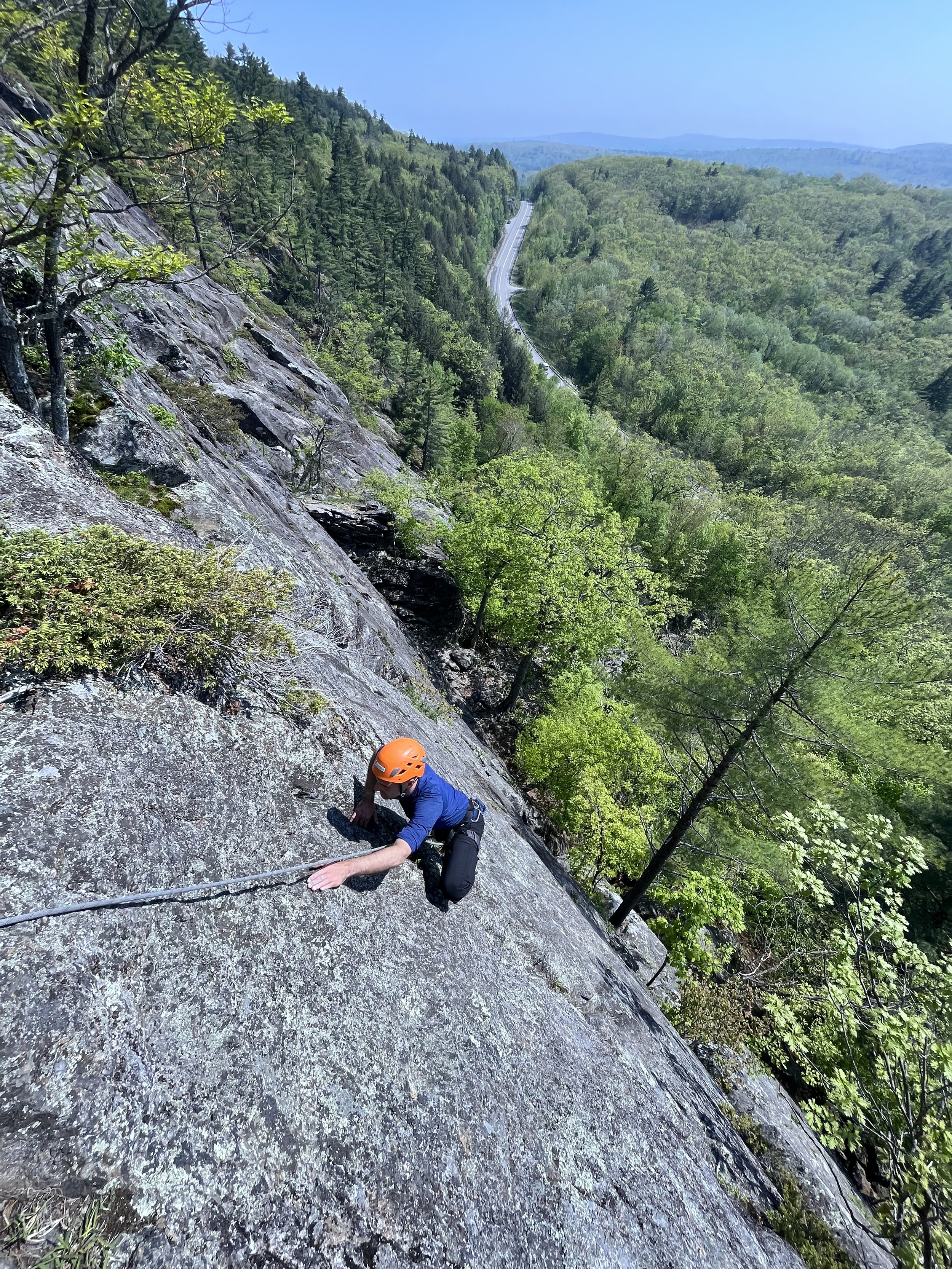5 basic Rock climbing techniques
5 Basic Rock climbing Techniques that will get your ready to conquer the rock. When you're learning how to climb you're given a lot of suggestions on which techniques to use on a route. Heal hook here, back step there, Crip on the right hand and throw. all of these can be valuable assets to any budding climber. Here we want to focus on the five best ones for anyone who is just starting out. These are basic skills and can be transferable. That is one of the beautiful things about climbing is that these skills transfer to a to of other applicable activities in the world. Climbing is just the venue to learn and become more aware of our actions and how we treat ourselves.
Smile
We forget, every time we want up to be grateful for the moment that we’re in. smiling is a known piece that releases stress, helps you live longer, Elevates our mood, its contagious, boosts immune system, Lowers blood pressure, Reduces pain, makes you attractive, Suggests success and helps you stay positive. All good things not just in climbing but they are definitely relative to climbing. Some of these are how we look from the outside and climbing is all about looking good. We want to be perceived that were are looking the part. Just by putting a smile on our faces we are already tricking the brain to relax and have fun. It’s a simple fact that helps so many people. I’ve been known to say “are you smiling? are you Breathing?” with this mantra life becomes more at ease. It slows up the pattern the brain has created to feel the fear of the moment. Relaxing through smiles is an easy hack that taps into the subconscious of achievement.
2. Breath
Breath work is as important as eating a healthy breakfast. We strive every moment to be distracted by the countless things that are on our plate. Breathe before you start climbing. Allow yourself to notice the in breath, the out breath. connecting yourself to the present moment. Wile your climbing notice the great, just like yoga, it allows the connectedness or interbeing to be allowed to come forth. noticing our breath wile climbing allows for the truth of who we are to come forward. Relaxing at good rest spots and re connecting with the breath guarantees that we can Colm ourselves down. It is clinically proven that just a moment of closed eyes meditation with the breath relaxes the whole nervous system. When things start to get harder, we stat to panic, what am I doing up here my brain stats saying. Why did I decided to do this. The inner dialog gets so scared and paniced. But re connecting with the breath in this moment can be life changing, altering the path of fear changes the learned behavior. I’ve had people come down in this moment. Soften their nervous system and go back up trying again and overcoming this fear or pinch point. It’s a challenging, just like life or any hard thing that is in our way. These transferable skills are relevant to every day life. They apply to most everything. The metaphors I could use here are endless so I won’t bore you with them. But let’s just say their is always a Moutain in front of you and we always have the breath to reconnect us to our bodies and the present moment.
3. Trust
This is a one of the hardest parts of climbing. Trusting so many new things when you're a bigginner. We have to trust our instructor, the equipment, and most importantly ourselves. I was out with Midcost technology the other day and I had a boy, He was rappelling at the verticals. Leaning over the edge of the cliff is tough for anyone. I believe we were taught this at an early age. Fear of cliff edges is a rational one for sure, but I think it was exponentially exasperated by parental figures being anxious about kids near the edge, also an understandable fear. So as adults or young adults as in this scenario we have a hard time approaching the edge of cliffs. Let alone leaning over them. As this gentleman approached the edge with that fear in his brain front and center. I asked me what is going on for you? This questions is not always met with so much self awareness as this young person hard about himself. But what he said next was an insight that I could work with. Trust is what he said. I asked what don’t your trust? the equipment, me, yourself? He said it was himself he dident trust. Learning opertunity in the moment found. my radar went off and jump on this teachable moment and stated. “the only person that is going to follow you threw your whole life is you. you will always be their for yourself the whole time. Trusting yourself is that basis of that. let’s do that together. Let go and trust.” It’s the basis of a lot of the conflicts I see every day. Folks don’t trust their ability to speak up for themself, to find their truth and emotions in an ever evolving world of distractions and addictions. We must reconnect to ourselves through couscous being of the moment and what is going on in our body, trusting that awareness is the next step. We ended that day with him making it up one other climb. But, I am sure that moment will stick with this young person for a lifetime.
4. Movement
The basis for any learning to climb is moving over the vertical terrain. Technique also plays a roll here as efficiency in how we hold onto holds and play to our strengths and weaknesses as climbers. As humans we know the basic Tecneaks, have you ever looked away from a baby or toddler and looked back and they are half way up the staircase or climbing up the railings? We all have this innate ability to know how our body moves in the vertical turrain. The part that is harder for some and easier for others is body awareness. Knowing how our body moves and what it is capable of. People that have spent time doing lots of Yoga, Dancers, athletes or anyone who has done a Pilates class have this ability. Knowing that my leg can push me up the stairs is a great example. Mostly people know this fact. But this transferable skill is not always perceived as fact. Climbing is the same as moving up the stairs. We use the hand rail to guide us and our legs to push us up the stairs. We can walk up stairs exponentially but we can’t do pull ups exponentially. So, we balance with our hands and push with our feet. This is where the first three techniques come in because are mind tells us to pull hard, not push with our legs. Breathing and relaxing into this helps us have confidence in our movement.
5. Have Fun
This is a big one. If your not laughing at yourself and the the mind tricks that are goin on internally then your missing out on so many funny moments. We forget to enjoy ourselves. stop, look around, see that you're climbing a cliff. that is remarkable. That we are doing this to have fun! When we let go of all that fear, turmoil, perceptions, inner chatter. We realize this is actually fun. think about a kid enjoying themselves on a new activity and how much joy that brings to their face. This beginners mind is capable to all of us. Tapping into that innate inner child that we all have to enjoy life in the precious moments that we do have is where the fun begins. I always have people stop when they get to the top and check out the view. It brings us back into the space we’re in, recognizing that the beauty in every moment we just need to wake up and see it for what it is. Amazing.








